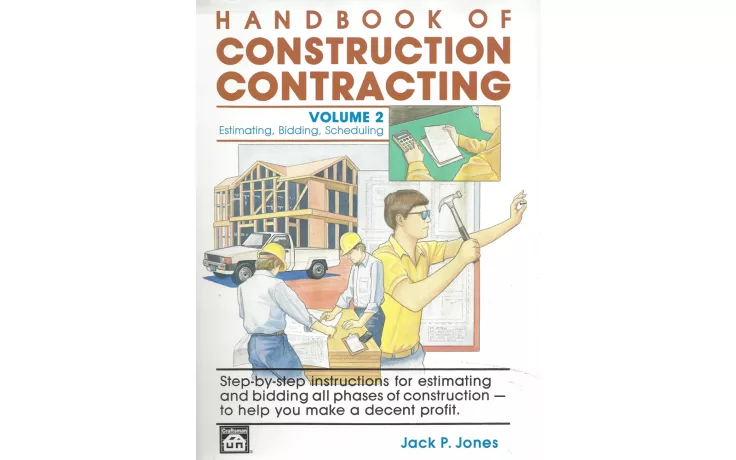Technology News
Survey: 65% of Construction Leaders Haven't Adopted AI
Slate Technologies' first-ever Construction Intelligence survey shows gaps in AI implementation

Photo by Ivan Samkov via Pexels.
Despite the growing popularity of artificial intelligence in multiple business sectors, a new survey shows the construction industry is hesitant or slow to bring AI into the fold.
Slate Technologies, an AI-driven solutions company for the construction and real estate industries, announced the results of its first annual “Construction Intelligence” study. Designed to be an ongoing initiative, the study aims to capture and analyze the perspectives of up to 1,000 leaders in the construction and real estate industries to provide a snapshot of priorities, challenges, and opportunities.
As the industry navigates a period of rapid and complex transformation — including evolving supply chain dynamics, shifting tariffs, persistent material shortages, and accelerating technological advancement — Slate continues to track how decision-makers are adapting and where they see the greatest need for innovation.
“As construction faces mounting pressure from labor shortages, rising material costs, and schedule overruns, unlocking greater efficiency through technology isn’t just a competitive advantage — it’s a necessity,” said Trevor Schick, CEO of Slate Technologies. “Our goal with this research is to spark a broader conversation about the role of innovating AI technology in shaping the future of construction.”
RELATED: Practical Uses of Artificial Intelligence
The study uncovered that while nearly 60% of respondents believe the industry is keeping pace with digital transformation, 65% say their companies have not adopted AI or predictive analytics tools for project planning, revealing what Slate Technologies called a "disconnect between industry optimism and on-the-ground implementation." Meanwhile, over 61% of leaders say they see value in AI-powered tools that offer real-time market insights and predictive analytics.
“The construction industry stands at the crossroads of a data revolution, yet too many firms are still building with blueprints from a bygone era," said Senthil M Kumar, CTO of Slate Technologies. "While demand for digital transformation in construction has never been higher, the adoption of AI remains uneven, trapped between aspiration, transformation readiness and execution. At Slate, we built our Construction Intelligence Platform with Generative AI as the foundational construct and not as an afterthought."
Key findings from the study include:
- About 65% of respondents have not adopted AI or predictive analytics tools for project planning or decision-making
- Just over half (53%) report material costs as a major factor affecting project timelines and budgets
- Only 20% of construction leaders feel highly confident in their organization’s ability to mitigate project delays
- Nearly half (47%) say current forecasting and budgeting tools fail to deliver accurate cost and time estimates
- Only 13% of respondents say they are extremely likely to invest in AI solutions in the next two years, despite acknowledging their long-term value
“These findings make it clear that while industry leaders recognize the potential of AI and innovative technology, there’s a gap between awareness and action,” said Schick. “By identifying where technology adoption is falling short, we hope this study helps guide organizations toward smarter, more efficient, and ultimately more resilient ways of working.”
Reflecting on this study, Kumar added: “This study signals a pivotal moment for the industry. The leaders of tomorrow will be those who understand that construction intelligence transcends automation; it's about augmentation: transforming data into foresight, and foresight into measurable impact."
For more information on Slate Technologies and to access the full study, visit slate.ai.
Looking for a reprint of this article?
From high-res PDFs to custom plaques, order your copy today!







